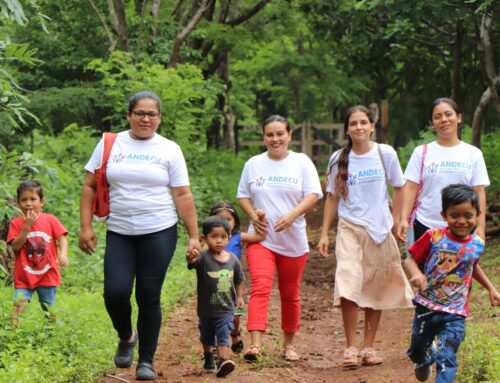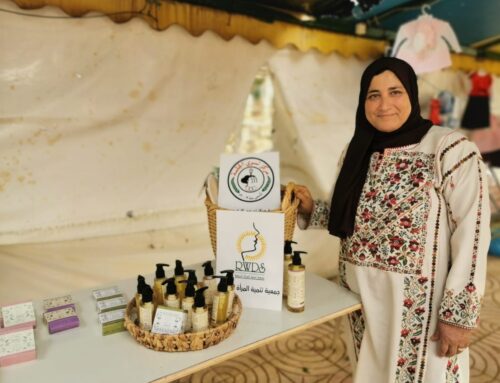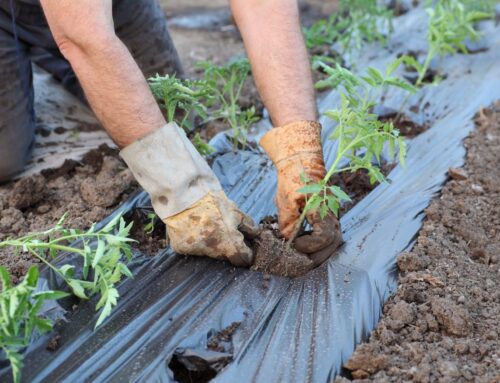Agreement: Contribute to improving the resilience of vulnerable rural communities in West Bank and Gaza to enable their access to rights in a sustainable and equitable manner
The Palestinian Territories suffer, as a consequence of the Israeli occupation, restrictions on the movement of people and goods, having limited access to natural resources and causing a serious distortion of the capacities of their population.
Through the general objective of the agreement, it will contribute to the fulfillment of the right manifested in Article 25 of the UDHR, which states that “every person has the right to an adequate standard of living that assures him, as well as his family, health and well-being, and especially food, clothing, housing, medical care and necessary social services”.
Considering the different dimensions of Human Rights, the working lines of the agreement would be defined as follows:
- Right holders see increased the availability of natural resources (land and water). Thus, access to the appropriate land for agricultural exploitation will be guaranteed, opening roads, leveling, fencing and plowing vacant land, leaving them suitable for later planting. Likewise, the efficient management of water resources will be improved, for which rainwater collection tanks will be adapted, springs and pools will be rehabilitated, irrigation systems will be rehabilitated and drip irrigation systems will be installed, based on efficiency.
- Community-based rural organizations will be strengthened in terms of acceptability and quality. To this end, marketing and facilitation links will be created between male and female farmers, producers and merchants; Right Holders and Responsibilities Holders will be trained through cooperatives and associations and exchange visits will be made (good practices and lessons learned).
- The adaptive capacity of the rural population to climate change and an adequate environment will be fostered through access to renewable energies in terms of innovation and sustainability. Solar energy will be applied to agricultural techniques linked to water pumping and desalination; wastewater will be reused while the population will be sensitized on this matter. In addition, work will be carried out on solid waste management, in terms of training for Rights holders (with special attention to women) and the distribution of containers. This component will launch awareness programs on good environmental practices and will create development plans aimed at the resilience of the Palestinian population.
- The accesability of rural women will be increased to natural resources and the improvement of their productive and institutional capacities through access to agricultural production and techniques (adapting domestic gardens and providing water resources management capacities; agricultural productive enterprises and their commercialization will be supported, support will be provided to women’s clubs and cooperatives, and issues of awareness and public awareness about gender equality and access to rights will be incited, with emphasis on Right Holders, Responsibilities Holders and Duty Bearers.






